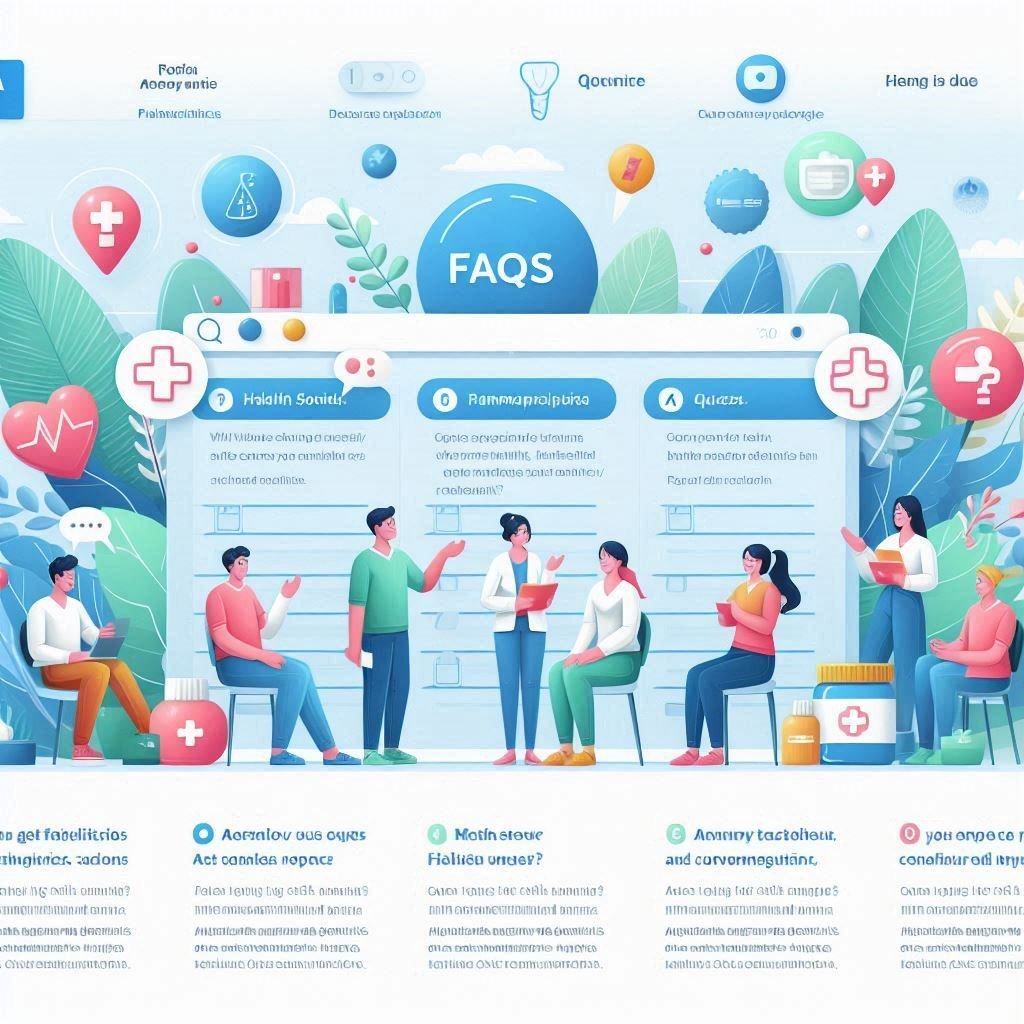9+ Top Pharma Quality Control (QC) Interview Questions and Answers
Pharma Quality Control (QC) FAQS
To face a Pharma Quality Control (QC) Interview is a challenging task, and it needs both skill and knowledge of analytical chemistry. It plays a vital role in the pharmaceutical industry since it ensures the safety, efficacy, and quality of the drug. Whether you’re preparing for an entry-level or experienced QC role, understanding key concepts, instruments, and regulatory requirements is essential. That is why I decided to share my experience on this topic. This list of common Pharma QC interview questions and answers will help you confidently prepare for your interview and demonstrate your knowledge effectively.

Answer:
Quality Control ensures that pharmaceutical products meet specified standards for identity, strength, purity, and quality through analytical testing of raw materials, in-process samples, and finished products.
Answer:
Answer:
Answer:
HPLC is an analytical technique used to separate, identify, and quantify components in a mixture. It’s widely used for assay and impurity profiling.
Answer:
To ensure the system’s performance before sample analysis. Parameters like theoretical plates, resolution, and tailing factor must meet set criteria.
Answer:
Answer:
Answer:
It is the process of proving that an analytical method is suitable, accurate, precise, specific, linear, and robust for its intended purpose.
Answer:
Answer:
A study to determine how the quality of a drug varies with time under the influence of environmental factors like temperature, humidity, and light.
Answer:
A distortion where the peak stretches on the right side. Acceptable tailing factor is ≤ 2.0.
Answer:
Answer:
OOS (Out of Specification) is when test results fall outside the predefined specs.
Handled via:
Answer:
To ensure instruments provide accurate and reliable results. Calibration must be done at defined intervals and recorded.
Answer:
Answer:
QC (Quality Control) in pharma is the process of testing and verifying that pharmaceutical products meet specified quality standards for safety, efficacy, and purity before release.
QC is the process of monitoring and testing raw materials, in-process samples, and finished pharmaceutical products to ensure they meet predefined quality standards and regulatory requirements.
Types of QC in Pharma:
The average salary of a QC professional in pharma varies by experience and location, but typically ranges from ₹ 500000 to ₹5000000 per year for entry to mid-level positions. Senior roles can earn more.
Yes
Answer:
Quality control
A solid grasp of Quality Control principles, techniques, and regulations is vital for success in pharmaceutical QC roles. Preparing answers to common interview questions will boost your confidence and showcase your readiness to maintain high-quality standards in the industry.
Quick Links